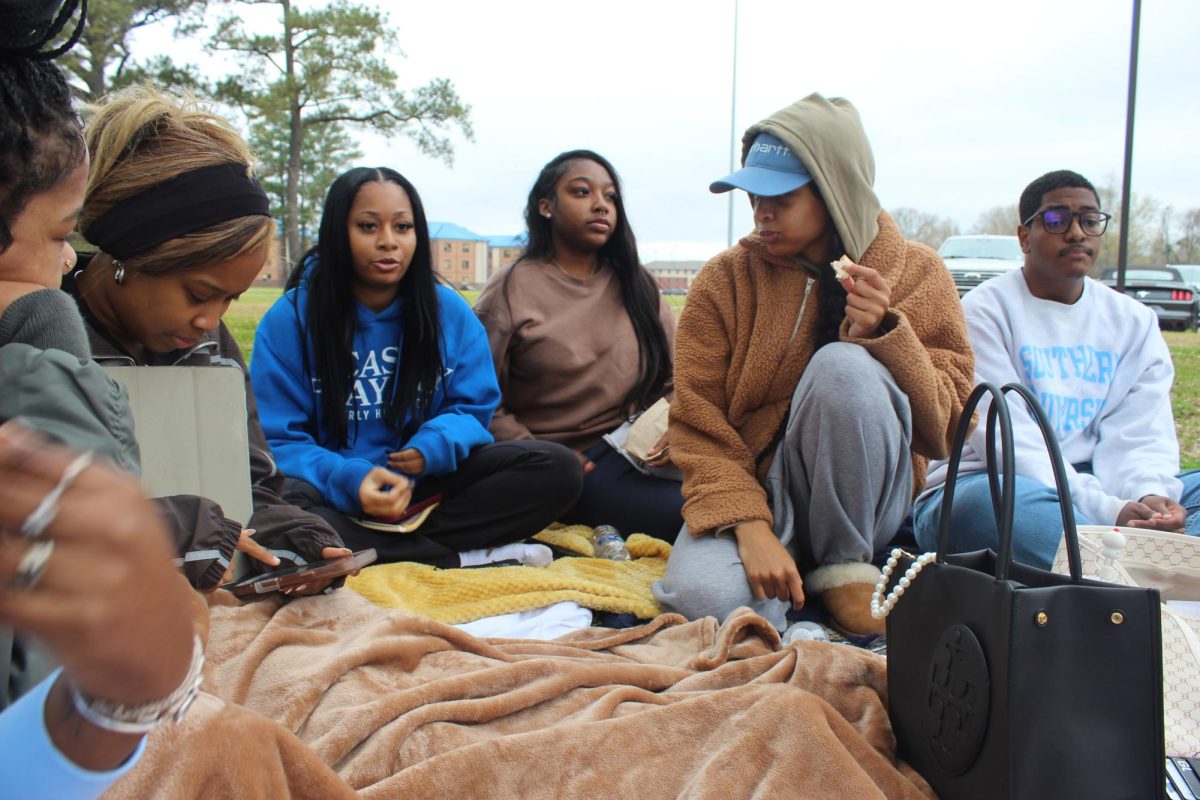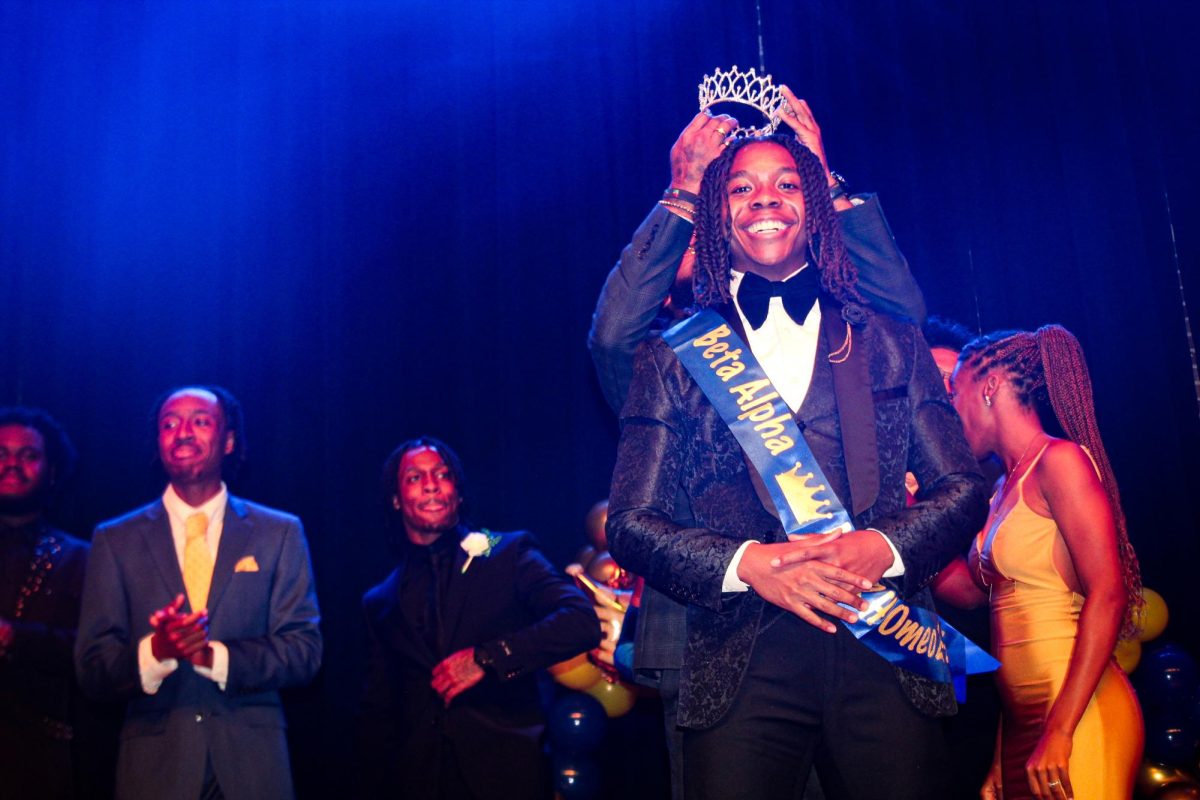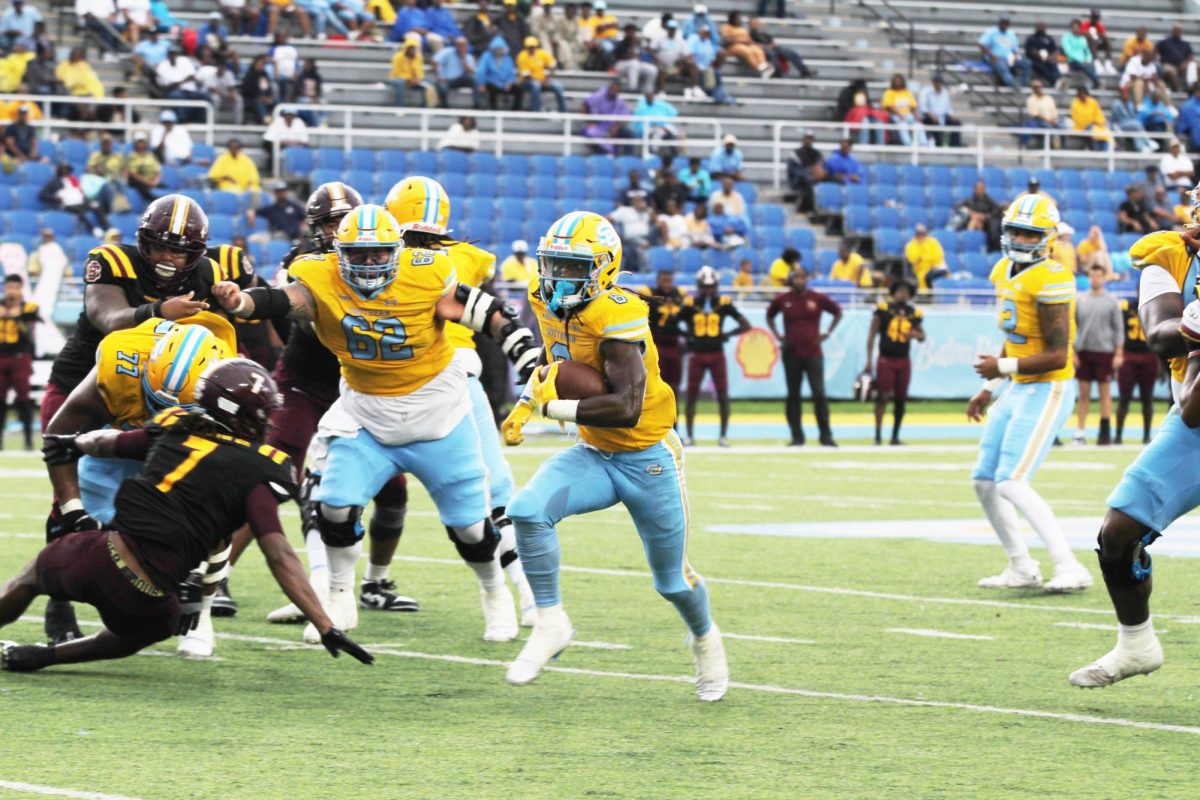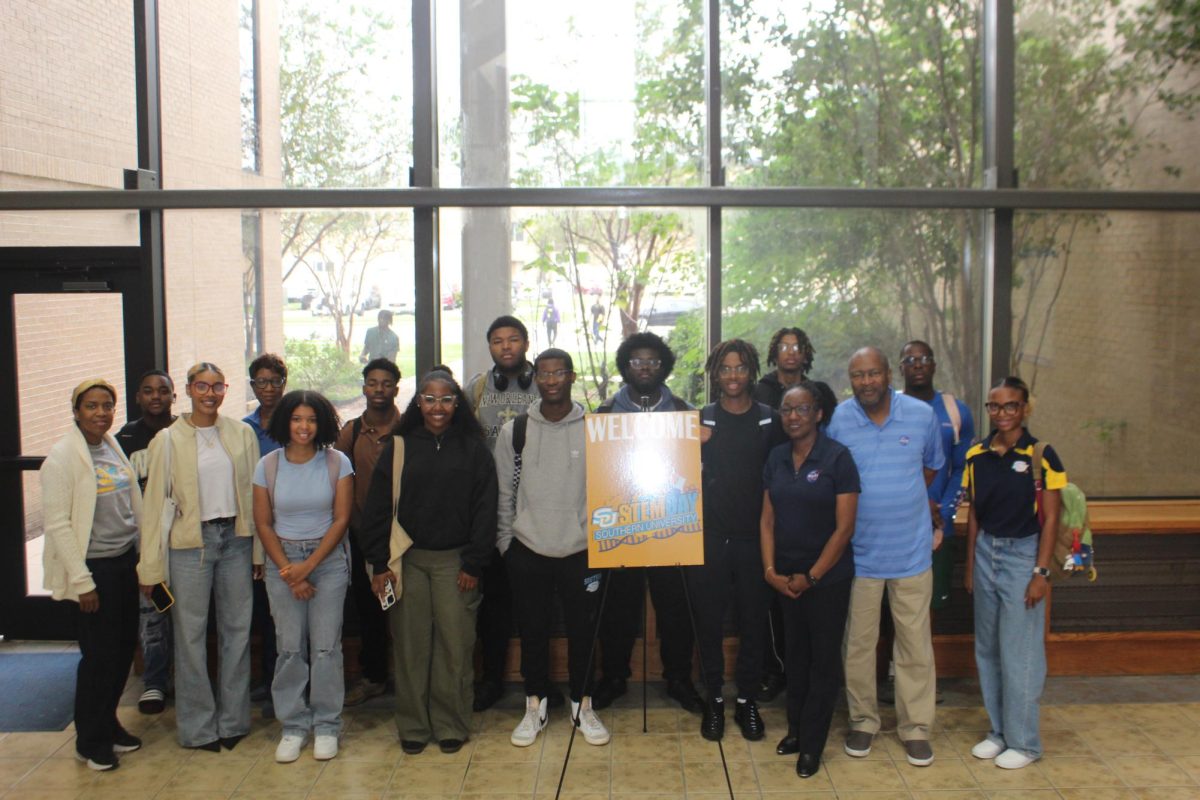Post Civil War, Oscar Dunn began his first venture by starting an agency in which freedmen who were, “good servants and field hand” were hired out to residents of New Orleans and surrounding parishes. Working with the relatively new freedmen gave Dunn an opportunity to be an advocate for land ownership for blacks, education for all African American children, and equal protection laws under the fourteenth amendment. He became the secretary of the Advisory Committee of the Freedmen’s Saving and Trust Company of New Orleans. Following this major accomplishment, in 1866 Dunn structured the People’s Bakery, which was an enterprise owned and operated by the Louisiana Association of Workingmen.
The enactment of Reconstruction Acts (1867) called for five military districts with commanders and the registration of blacks as voters as well as a new state constitution—with federal approval. Louisiana and Texas encompassed the Fifth District, with General Philip H. Sheridan as commander. In August of that year, Sheridan selected Dunn to the Board of Aldermen of New Orleans. It was Dunn’s expertise as a councilman that brought about public education for the city and later for the state. Dunn oversaw a committee in charge of amending Article 5, which centered on the enrollment age of children attending public schools and placed responsibility for education on the Board of Aldermen. Although the resolution was laid on the table, his move to enact such a decree was realized in the Constitutional Convention of 1867-68, when a similar law was enacted and become one of the most progressive actions taken in opening all schools to all races. Other issues Dunn took on incorporated the establishment of an efficient firefighting system, the requirement that qualified electors should hold appointments, a reconfiguring of the chain of command at City Hall to place it under the general supervision of the mayor, and the establishment of council rules for operation.
In 1868, Oscar J. Dunn would become the candidate for lieutenant governor along with the well-known, octoroon Francis E. Dumas—the highest ranked non-white officer in the Union Army. Dunn was drafted into the race and placed on the ticket with gubernatorial candidate Henry C. Warmoth. Warmoth and Dunn won the election solely on the freshly enfranchised black voting block and the exclusion of former Confederates of the polls. After taking his oath on June 30th, Dunn led a movement to incorporate an additional oath for new legislators; he wanted state senators to take a test oath to assert that they had not fought against the United State in any way. President Ulysses S. Grant concluded the matter by necessitating only the oath in the Louisiana Constitution to be used in the swearing in of the legislature. Dunn was not only honored for his duties as lieutenant governor, but also as president of the Metropolitan Police. In addition to those positions, Oscar Dunn was also a member of the Printing Committee and president of the Board for the Distribution of Pensions to Veterans.
At the fall of Governor Warmoth, Dunn stepped in and handled the role so well that his enemies even had to commend him for his efforts. Warmoth’s lack of control over the Executive Committee placed leadership into the hands of Oscar Dunn. His incredible leadership skills led many to believe he would become the next Governor of Louisiana in the 1872 election, and from there, be elected to the U.S. Senate. Unfortunately, on November 20, 1871 Dunn became extremely ill. Two days later, Oscar James Dunn was no longer a living man. Many speculated that he was poisoned but all doctors who examined Dunn named the cause of death as congestion of the brain. In his forty-five years of life, Oscar J. Dunn managed to pave the way for African American men in Louisiana politics and politics itself.
Categories:
Know your Louisiana History: Oscar James Dunn- African American Lieutenant Governor in 1868
October 20, 2015
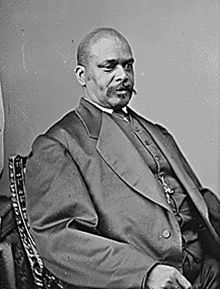
0
More to Discover




